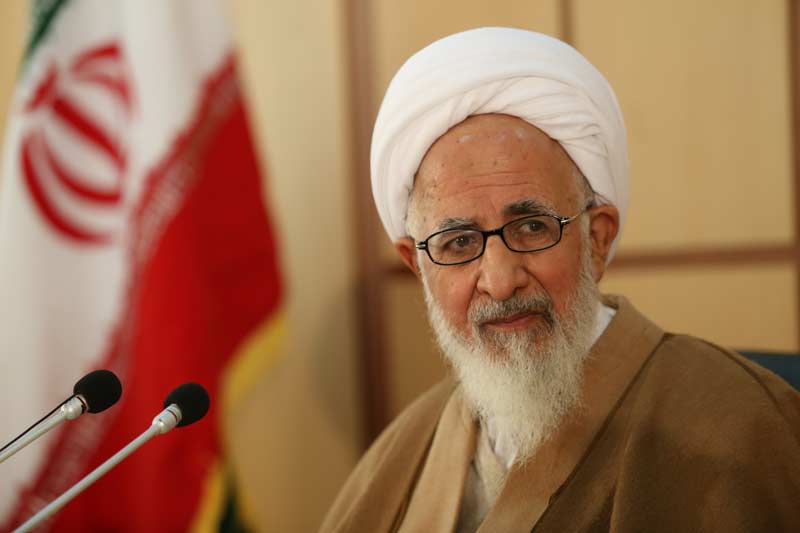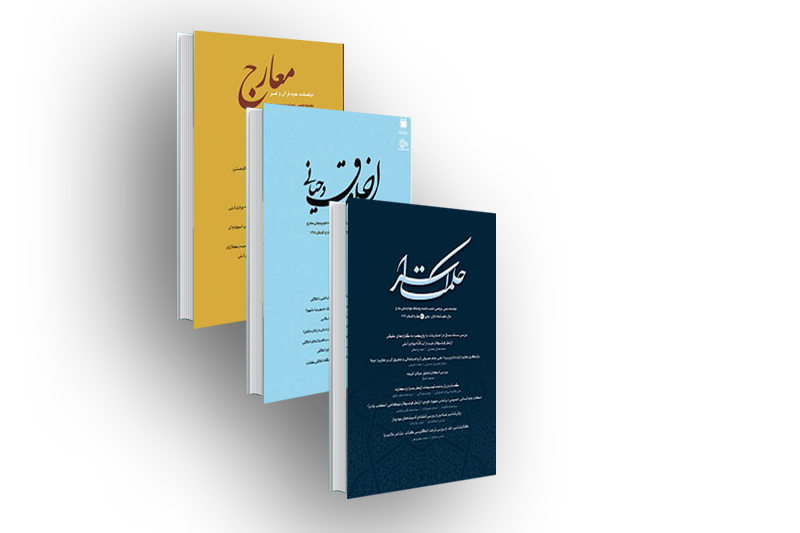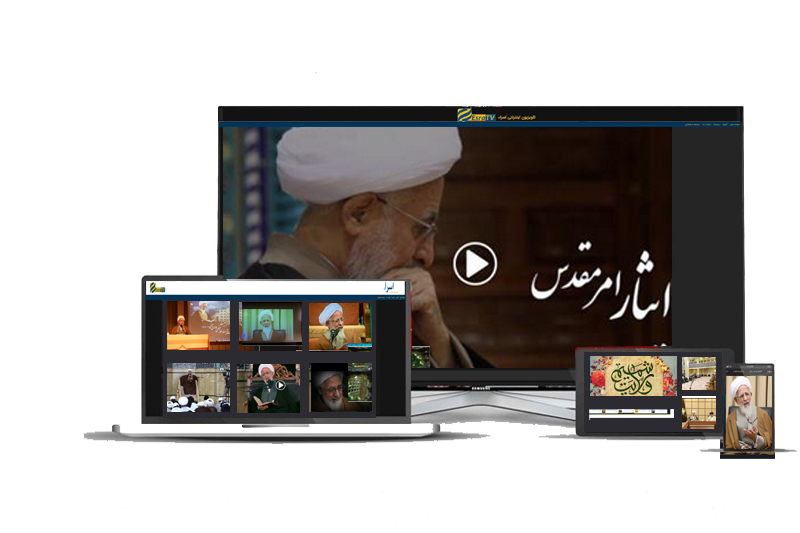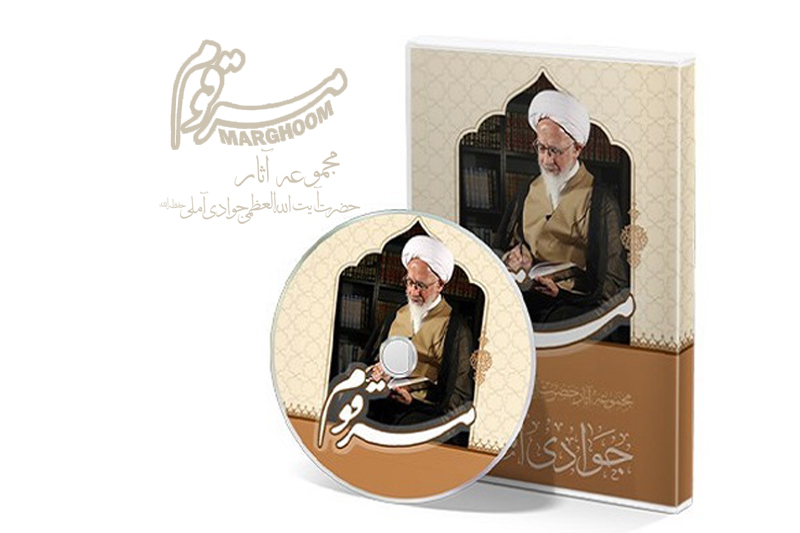Esra News Agency: The weekly ethics lesson by Grand Ayatollah Javadi Amoli was held in person on (Wednesday) at the Grand Mosque of Qom, attended by various segments of the public. In this session, Grand Ayatollah Javadi Amoli continued to explain the wisdom of Nahj al-Balaghah, wisdom 151.
Grand Ayatollah Javadi Amoli began by referring to the upcoming month of Rajab and underscored the importance of drawing from the blessings of this sacred month, which also includes the practice of seclusion (I'tikaf). He then explained wisdom 151 of Nahj al-Balaghah, stating: The Commander of the Faithful (peace be upon him) stated in this luminous statement that each human is not simply an ordinary creature that perishes; death is not annihilation but rather a transition—passing from one realm to another. Therefore, human never truly ceases to exist, and all their deeds are preserved.
The ultimate outcome of a person's actions remains with them and does not vanish; God Almighty states in the Holy Quran that angels are with you and never sleep or become negligent. Whether a deed is good or bad, they record all of them. Thus, the Imam articulated that a human is like a tree whose actions bear fruit; whether the fruit is sweet or bitter which depends on the person's own deeds. The wise Ferdowsi captures this in the following poem:
If the load is thorny, you have planted it yourself *** and if it is silk, you have woven it yourself.
Firewood for Hell is not provided from forests, trees and the likes; rather, it is the wicked and oppressive individuals themselves who serve as the firewood of Hell. Those who commit injustice in the world, such as Israel and the Zionists, and those who trample on the rights of others are indeed the fuel for the flames of Hell.
God made all humans acknowledge monotheism in the realm of particles/seeds (Dharr; pre-worldly-existence), and this acknowledgment serves as a complete argument against everyone. For this reason, no one on the Day of Judgment can excuse themselves by claiming they lived in an environment of polytheism or disbelief, as the essence of monotheism is ingrained in human nature.
Humans represent a reality beyond the physical body, with the soul forming their essential nature. According to the verses of the Holy Quran, the limbs and organs of the body function merely as instruments under the command of the human spirit, with the true essence of humans residing in their soul.
Although the body and its organs belong to the individual, but the essence of the human beings is their soul and spirit.
On the Day of Judgment, the body’s organs will testify to the individual's deeds; however, this testimony is issued by divine command, and the hands and feet are not considered the human beings themselves. If these hands and feet were merely the body itself, we would be confessing instead of testifying. Yet in that world, these organs will bear witness, acting as divine guardians.
Grand Ayatollah Javadi Amoli
Weekly Session on Ethics
Date: 1403/10/12











 Esra Publishing Center, the exclusive publisher of Ayatollah Javadi Amoli's works, started working in 1993; Among the missions and duties of the center are the production of written works with the desired and standard quality, fast and timely supply at the right price and supporting the products, providing easy, fast and low-cost access to the products for the domestic and foreign audiences, attending domestic and foreign international exhibitions, ….
Esra Publishing Center, the exclusive publisher of Ayatollah Javadi Amoli's works, started working in 1993; Among the missions and duties of the center are the production of written works with the desired and standard quality, fast and timely supply at the right price and supporting the products, providing easy, fast and low-cost access to the products for the domestic and foreign audiences, attending domestic and foreign international exhibitions, ….

